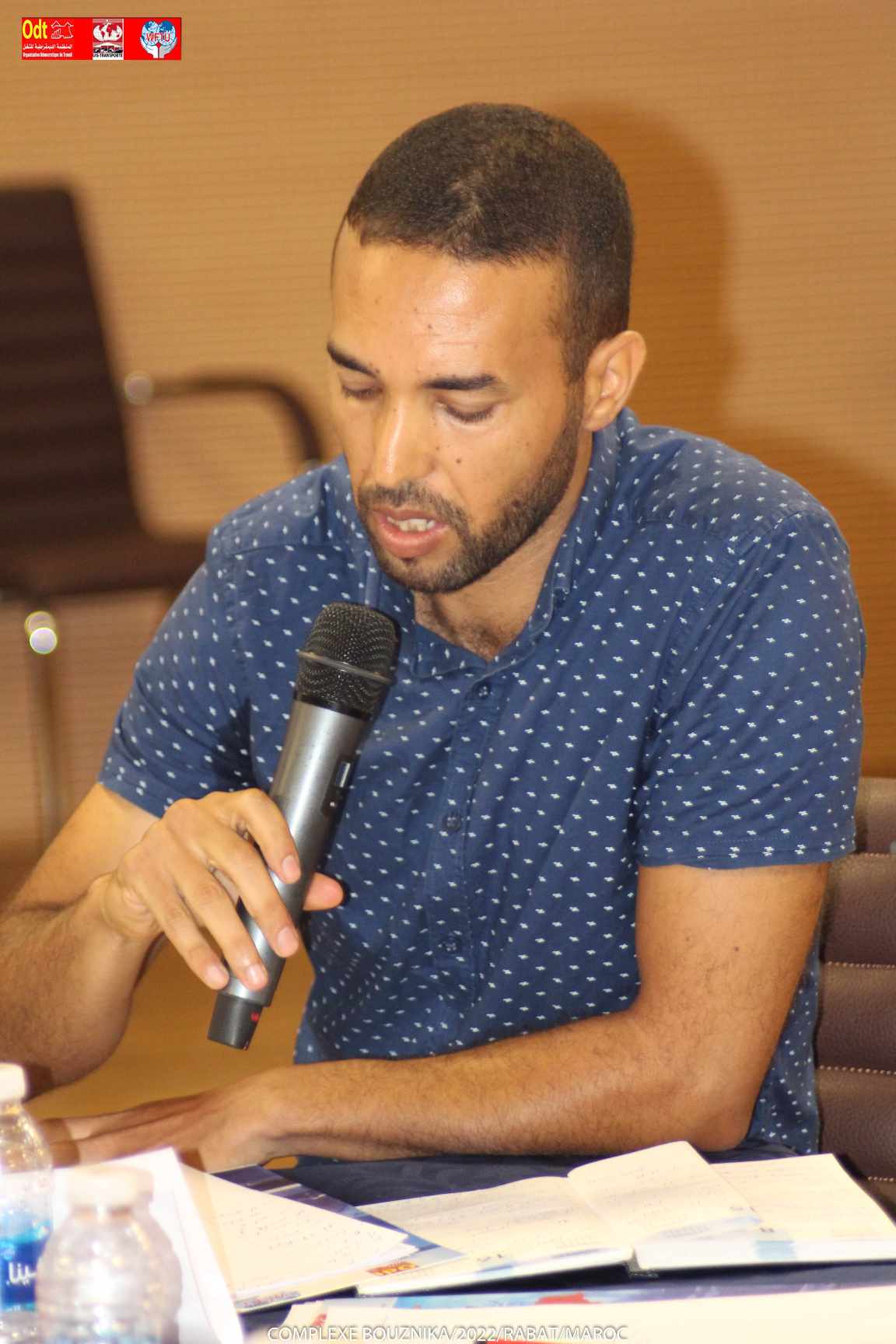
تقوم نظرية البنائية على مبدأ أن المتعلمين لا يستقبلون المعلومات بشكل سلبي، بل يقومون ببناء معرفتهم من خلال تفاعلهم مع بيئتهم وتجاربهم الشخصية. وفقًا لهذا النهج، يتم تشجيع الطلاب على استكشاف الموضوعات بأنفسهم، وطرح الأسئلة، وتحليل المعلومات بدلاً من تلقيها بشكل مباشر.
في بيئة تعليمية مبنية على أسس البنائية، يتم تطوير مجموعة متنوعة من المهارات الشخصية التي تُعَدُّ ضرورية لتحقيق النجاح في مختلف جوانب الحياة. ومن أبرز هذه المهارات:
حل المشكلات: من خلال الانخراط في مهام وتجارب عملية، يتعلم الطلاب كيفية تحليل المشكلات وتقديم حلول مبتكرة. يتعلمون كيفية التعامل مع التحديات بشكل منطقي ونقدي، مما يعزز قدرتهم على مواجهة المشكلات المعقدة في المستقبل.
التعلم الذاتي: يشجع النهج البنائي الطلاب على اتخاذ زمام المبادرة في تعلمهم الخاص، مما يعزز قدرتهم على إدارة تعلمهم بشكل مستقل. يتعلم الطلاب كيفية تحديد أهدافهم التعليمية، واختيار استراتيجيات التعلم المناسبة، وتقييم تقدمهم.
التواصل الفعّال: يتم تعزيز مهارات التواصل من خلال الأنشطة الجماعية والعروض التقديمية، حيث يتعلم الطلاب كيفية التعبير عن أفكارهم بوضوح، والاستماع للآخرين، والمشاركة في حوارات بنّاءة. يساعد هذا في تطوير قدرتهم على تقديم المعلومات وإيصالها بفعالية.
العمل الجماعي: تساهم الأنشطة التعاونية في تعزيز مهارات العمل ضمن فرق، حيث يتعلم الطلاب كيفية التفاعل بشكل إيجابي مع زملائهم، والتفاوض لحل النزاعات، وتوزيع الأدوار بشكل عادل. هذه المهارات ضرورية للعمل الفعّال في بيئات العمل المتنوعة.
البنائية الاجتماعية والمهارات الشخصية
تُضيف نظرية البنائية الاجتماعية، التي طوَّرها ليف فيجوتسكي، بُعدًا اجتماعيًا إلى مفهوم البنائية من خلال التأكيد على أن التعلم يحدث بشكل أساسي من خلال التفاعلات الاجتماعية والمشاركة ضمن مجموعة. تعزز هذه النظرية أهمية التفاعل مع الأقران والمرشدين في عملية تعلم الطلاب.
في إطار البنائية الاجتماعية، يتم تطوير المهارات الشخصية عبر:
التعاون: يتعلم الطلاب من خلال الأنشطة الجماعية كيف يعملون بشكل تعاوني، ويتبادلون الأفكار، ويصلون إلى حلول مشتركة. تساعد هذه التجارب الطلاب على فهم ديناميكيات العمل الجماعي وتعزز قدرتهم على التفاعل بفعالية ضمن مجموعات.
التفاوض والحوار: من خلال النقاشات والمباحثات، يمارس الطلاب مهارات التفاوض والحوار، حيث يتعلمون كيفية التعبير عن وجهات نظرهم بوضوح، والاستماع للآخرين، وتقديم الحجج المقنعة. تعزز هذه الأنشطة القدرة على التفكير النقدي وفهم مختلف وجهات النظر.
التعاطف وتقدير وجهات النظر: تساعد التفاعلات الاجتماعية الطلاب على تطوير مهارات التعاطف وتقدير اختلافات الآراء. من خلال العمل مع زملائهم من خلفيات متنوعة، يتعلمون كيف يتفهمون وجهات نظر الآخرين ويقدرونها، مما يعزز الوعي الاجتماعي والاحترام المتبادل.
القيادة والمسؤولية: يتطلب العمل في فرق متعددة الأدوار قيادة وتحمل المسؤوليات، مما يعزز مهارات القيادة والتنظيم. من خلال تولي أدوار قيادية في المشاريع الجماعية، يتعلم الطلاب كيفية إدارة الفرق، وتوجيه الجهود، وتحمل المسؤولية عن النتائج.
دمج نظريات البنائية في تطوير المهارات الشخصية
تسهم كل من نظريات البنائية والبنائية الاجتماعية بشكل كبير في تطوير المهارات الشخصية التي تعتبر أساسية للمواطنة الفعالة والنجاح المهني. من خلال دمج أساليب هذه النظريات في المناهج الدراسية، يمكن للمربين ضمان أن الطلاب يطورون مجموعة متنوعة من المهارات التي تساعدهم في مواجهة تحديات الحياة.
تساعد هذه النظريات في تحقيق الأهداف التالية:
تعزيز التفكير النقدي: من خلال تشجيع الطلاب على تحليل المشكلات وتقديم حلول مبتكرة، وتعزيز قدرتهم على التعامل مع المعلومات بطرق نقدية وإبداعية.
تعزيز التعاون: من خلال توفير فرص للطلاب للعمل ضمن فرق، مما يعزز مهاراتهم في التعاون والتفاوض وحل النزاعات.
تحسين التواصل: من خلال تطوير مهارات الطلاب في التعبير عن أفكارهم والاستماع الفعّال والمشاركة في حوارات بنّاءة.
تعزيز التعاطف: من خلال التفاعل مع زملاء من خلفيات متنوعة، مما يعزز قدرتهم على فهم وتقدير وجهات النظر المختلفة وتطوير وعي اجتماعي.
في النهاية، توفر نظريات البنائية والبنائية الاجتماعية إطارًا قويًا لتربية أفراد قادرين على التفكير النقدي والتواصل الفعّال والعمل التعاوني، وهي سمات أساسية للمواطنين المسؤولين والمشاركين بفعالية في المجتمع. يساعد هذا النهج في إعداد الطلاب لمواجهة التحديات المعقدة والمساهمة بشكل إيجابي في بناء مستقبل أفضل.
Constructivism and Soft Skills
Constructivism is based on the principle that learners do not passively receive information; rather, they build their knowledge through interactions with their environment and personal experiences. According to this approach, students are encouraged to explore topics on their own, ask questions, and analyze information rather than merely receiving it directly.
In a constructivist educational environment, a variety of soft skills essential for success in various aspects of life are developed. These skills include:
Problem-Solving: Through engaging in practical tasks and real-life experiences, students learn how to analyze problems and provide innovative solutions. They learn to approach challenges in a logical and critical manner, which enhances their ability to tackle complex issues in the future.
Self-Directed Learning: The constructivist approach encourages students to take initiative in their own learning, which enhances their ability to manage their education independently. Students learn to set educational goals, choose appropriate learning strategies, and assess their progress.
Effective Communication: Communication skills are enhanced through group activities and presentations, where students learn to articulate their ideas clearly, listen to others, and engage in constructive dialogues. This helps in developing their ability to present and convey information effectively.
Teamwork: Collaborative activities contribute to the development of teamwork skills, where students learn to interact positively with peers, negotiate to resolve conflicts, and allocate roles fairly. These skills are crucial for effective work in diverse professional environments.
Social Constructivism and Soft Skills
Social constructivism, developed by Lev Vygotsky, adds a social dimension to the concept of constructivism by emphasizing that learning primarily occurs through social interactions and participation within a group. This theory highlights the importance of interacting with peers and mentors in the learning process.
In the framework of social constructivism, soft skills are developed through:
Collaboration: Students learn through group activities how to work cooperatively, share ideas, and reach joint solutions. These experiences help students understand the dynamics of teamwork and enhance their ability to interact effectively within groups.
Negotiation and Dialogue: Through discussions and debates, students practice negotiation and dialogue skills, learning to express their viewpoints clearly, listen to others, and present convincing arguments. These activities enhance critical thinking and the understanding of different perspectives.
Empathy and Perspective-Taking: Social interactions help students develop empathy and appreciation for diverse viewpoints. By working with peers from varied backgrounds, they learn to understand and value others' perspectives, which fosters social awareness and mutual respect.
Leadership and Responsibility: Working in teams often involves taking on leadership roles and responsibilities, which enhances leadership and organizational skills. Through assuming leadership roles in group projects, students learn how to manage teams, guide efforts, and take responsibility for outcomes.
Integrating Constructivist Theories in Soft Skills Development
Both constructivist and social constructivist theories significantly contribute to the development of soft skills that are fundamental for effective citizenship and professional success. By integrating these theories into the curriculum, educators can ensure that students develop a range of skills that help them address life’s challenges.
These theories help achieve the following objectives:
Enhancing Critical Thinking: By encouraging students to analyze problems and provide innovative solutions, and fostering their ability to handle information in critical and creative ways.
Promoting Collaboration: By providing opportunities for students to work in teams, which enhances their skills in cooperation, negotiation, and conflict resolution.
Improving Communication: By developing students' abilities to express their ideas clearly, engage in active listening, and participate in constructive dialogues.
Fostering Empathy: By interacting with peers from diverse backgrounds, which enhances their ability to understand and appreciate different viewpoints and develop social awareness.
In conclusion, constructivist and social constructivist theories provide a robust framework for nurturing individuals capable of critical thinking, effective communication, and collaborative work—key attributes of responsible and engaged citizens. This approach helps prepare students to face complex challenges and contribute positively to building a better future.
#Constructivism #Soft_Skills #Problem_Solving #Self_Directed_Learning #Effective_Communication #Teamwork #Social_Constructivism #Collaboration #Negotiation #Dialogue #Empathy #Perspective_Taking #Leadership #Responsibility #Critical_Thinking #Professional_Success #Citizenship #ifad #rashad
#البنائية #المهارات_الشخصية #حل_المشكلات #التعلم_الذاتي #التواصل_الفعّال #العمل_الجماعي #البنائية_الاجتماعية #التعاون #التفاوض #الحوار #التعاطف #تقدير_وجهات_النظر #القيادة #المسؤولية #التفكير_النقدي #النجاح_المهني #المواطنة #ifad #rashad

التعليقات
لا توجد تعليقات حتى الآن.
يجب أن تسجل الدخول لإضافة تعليق.